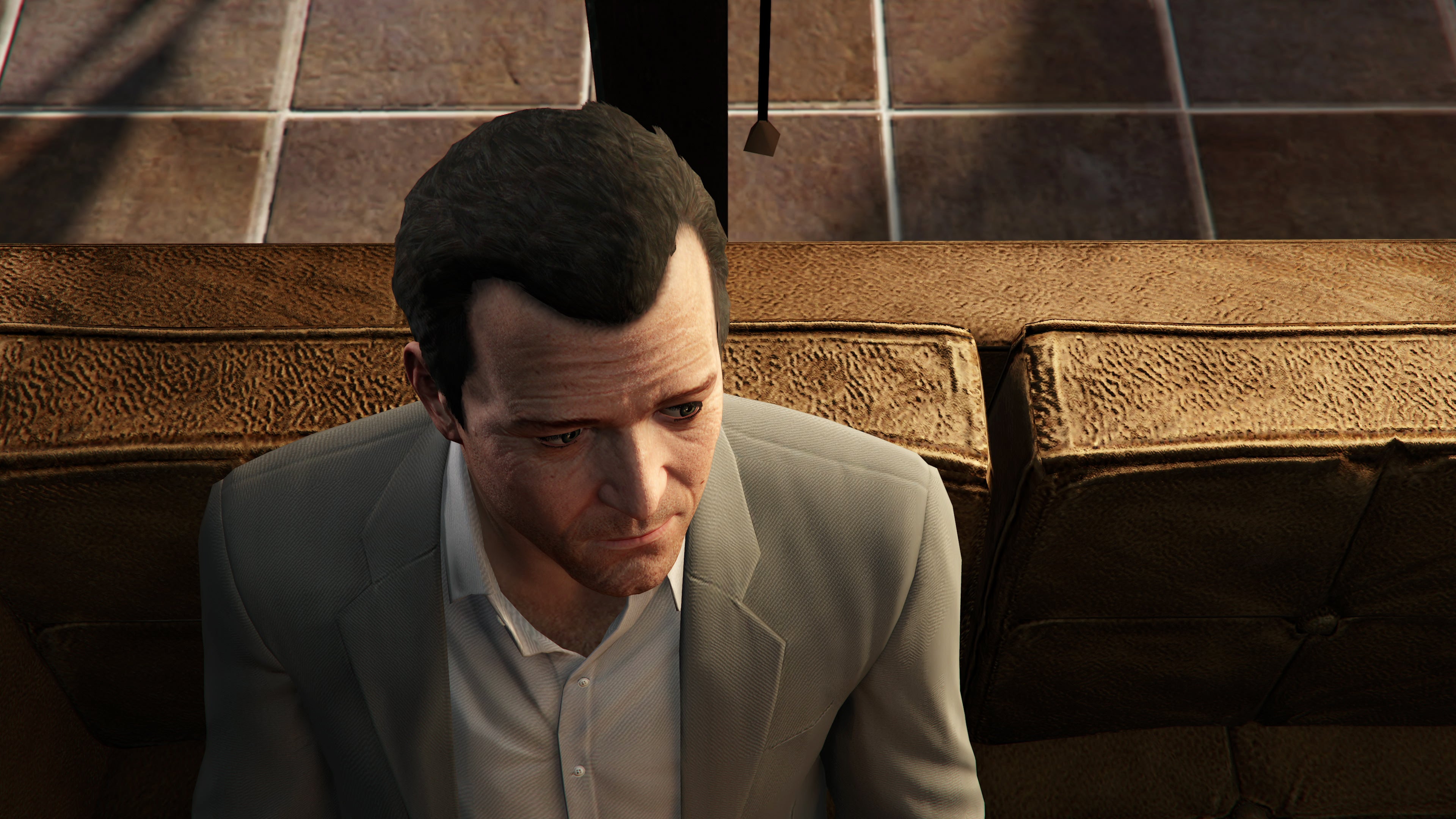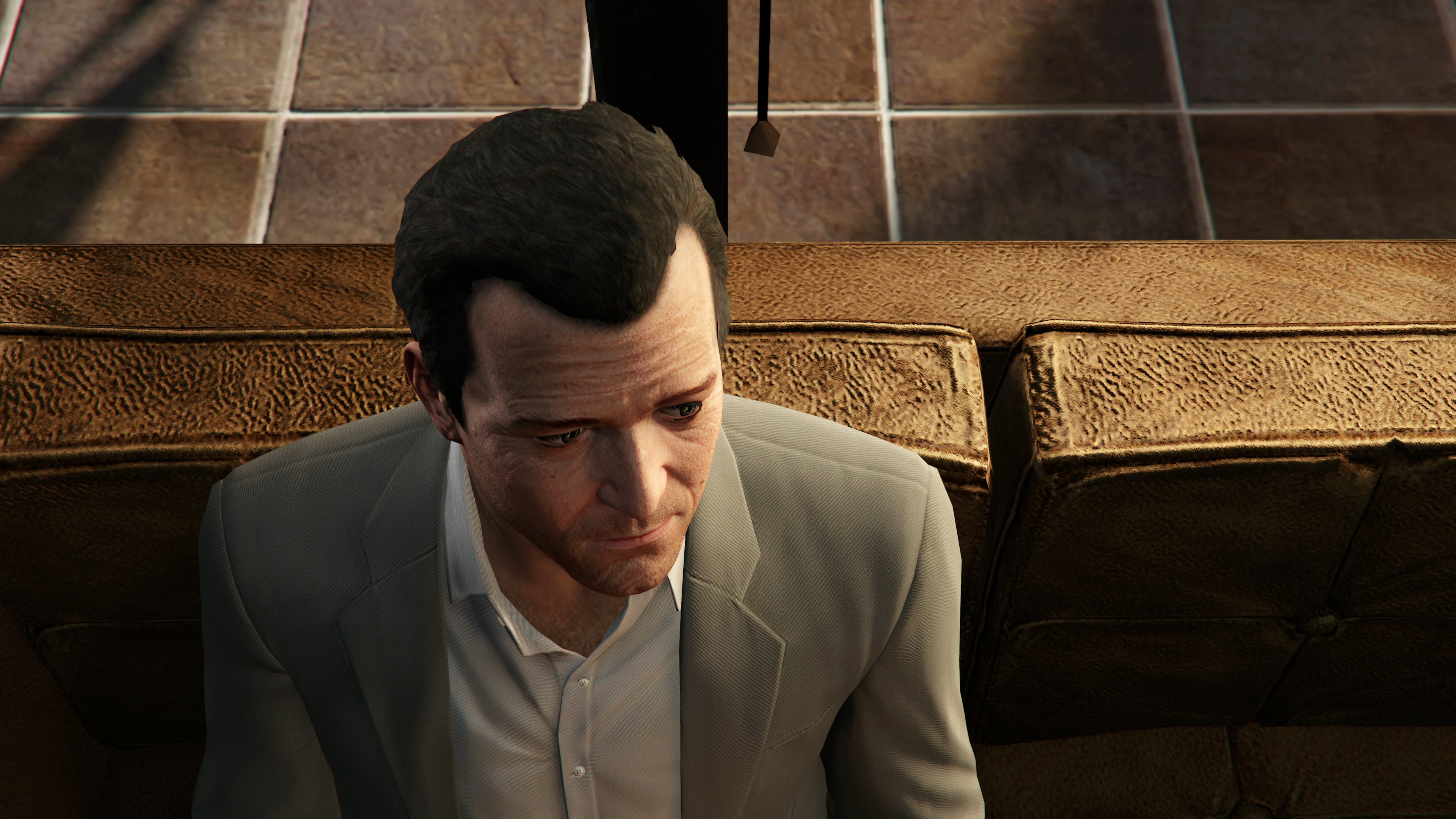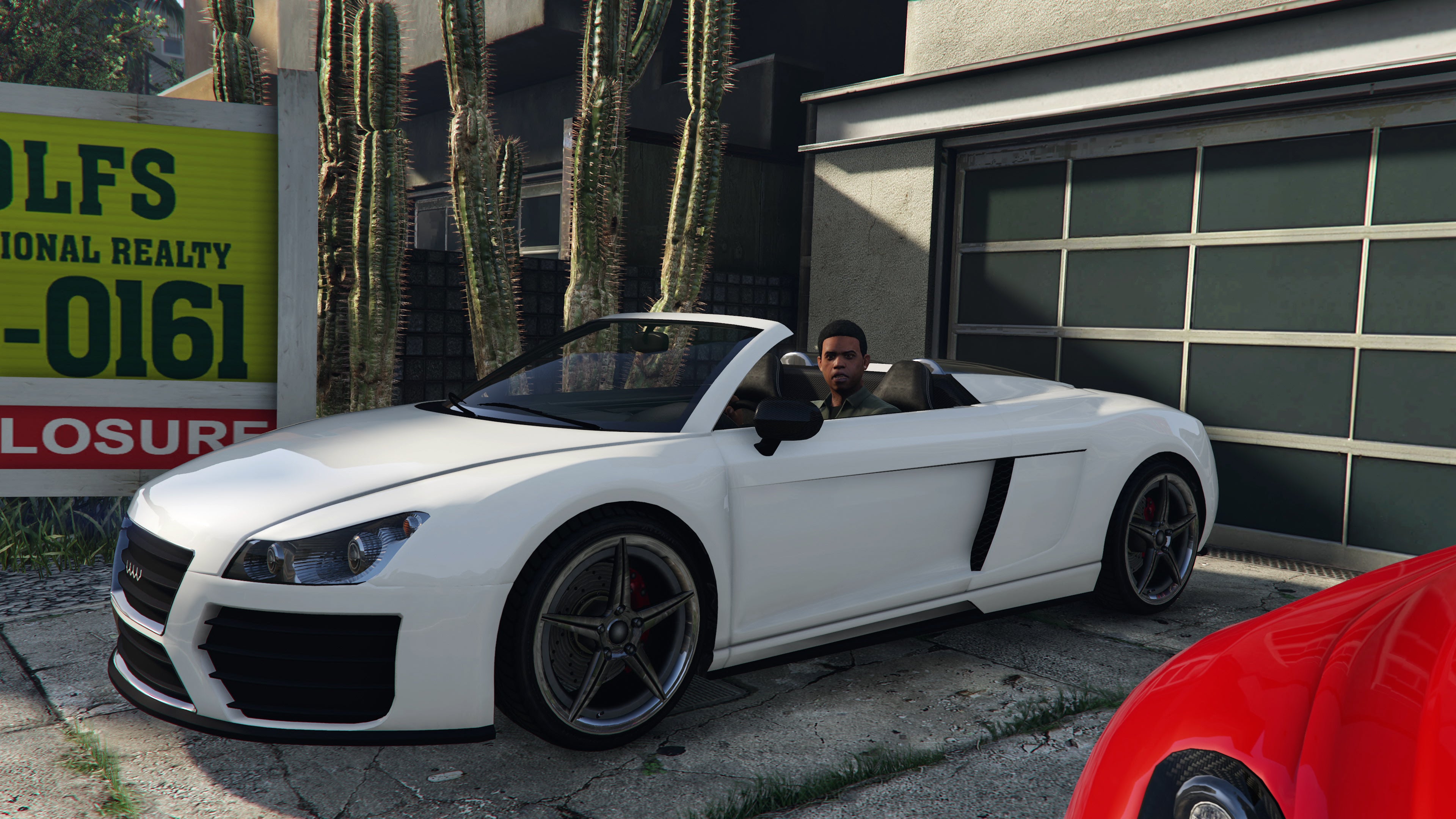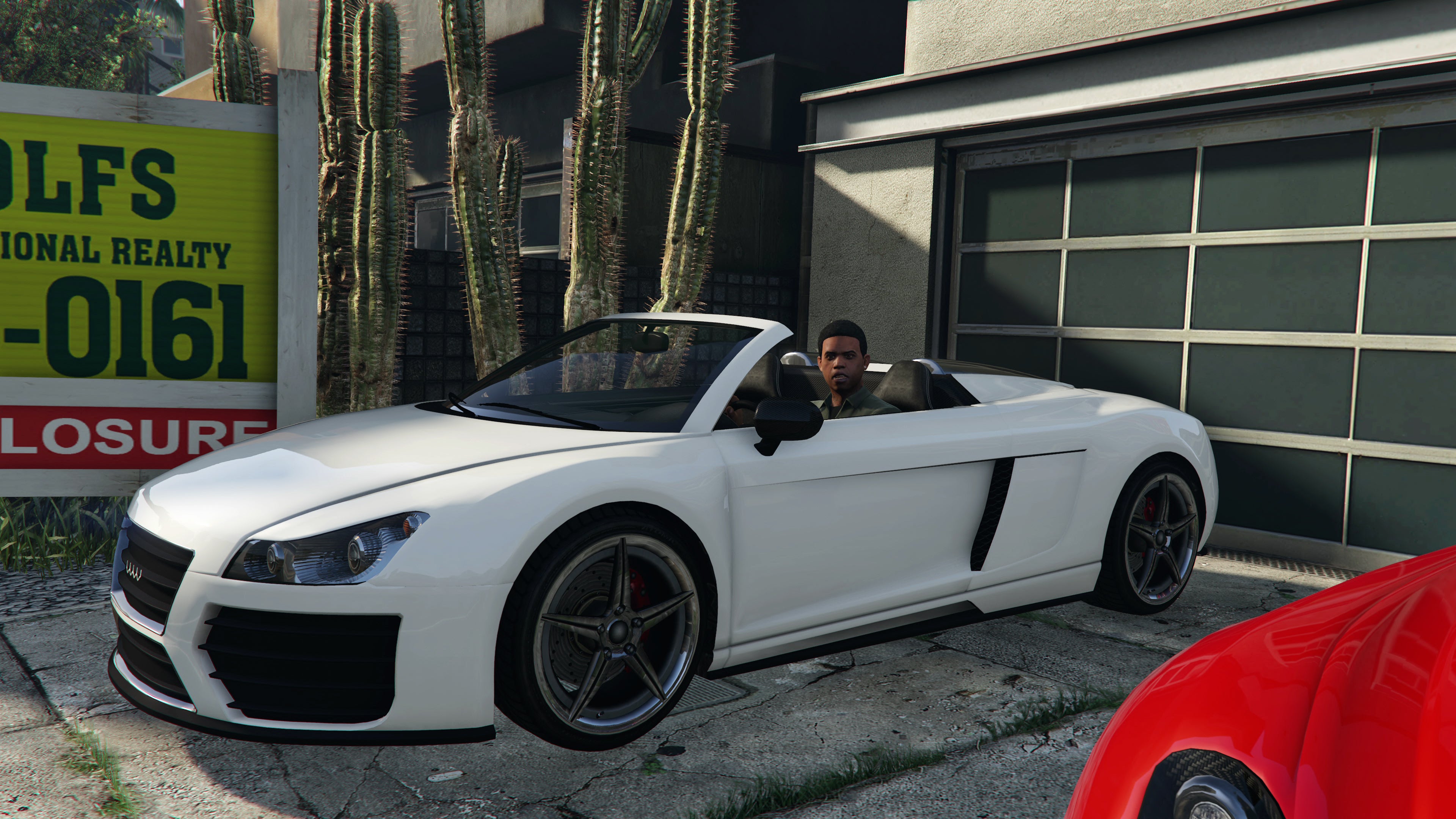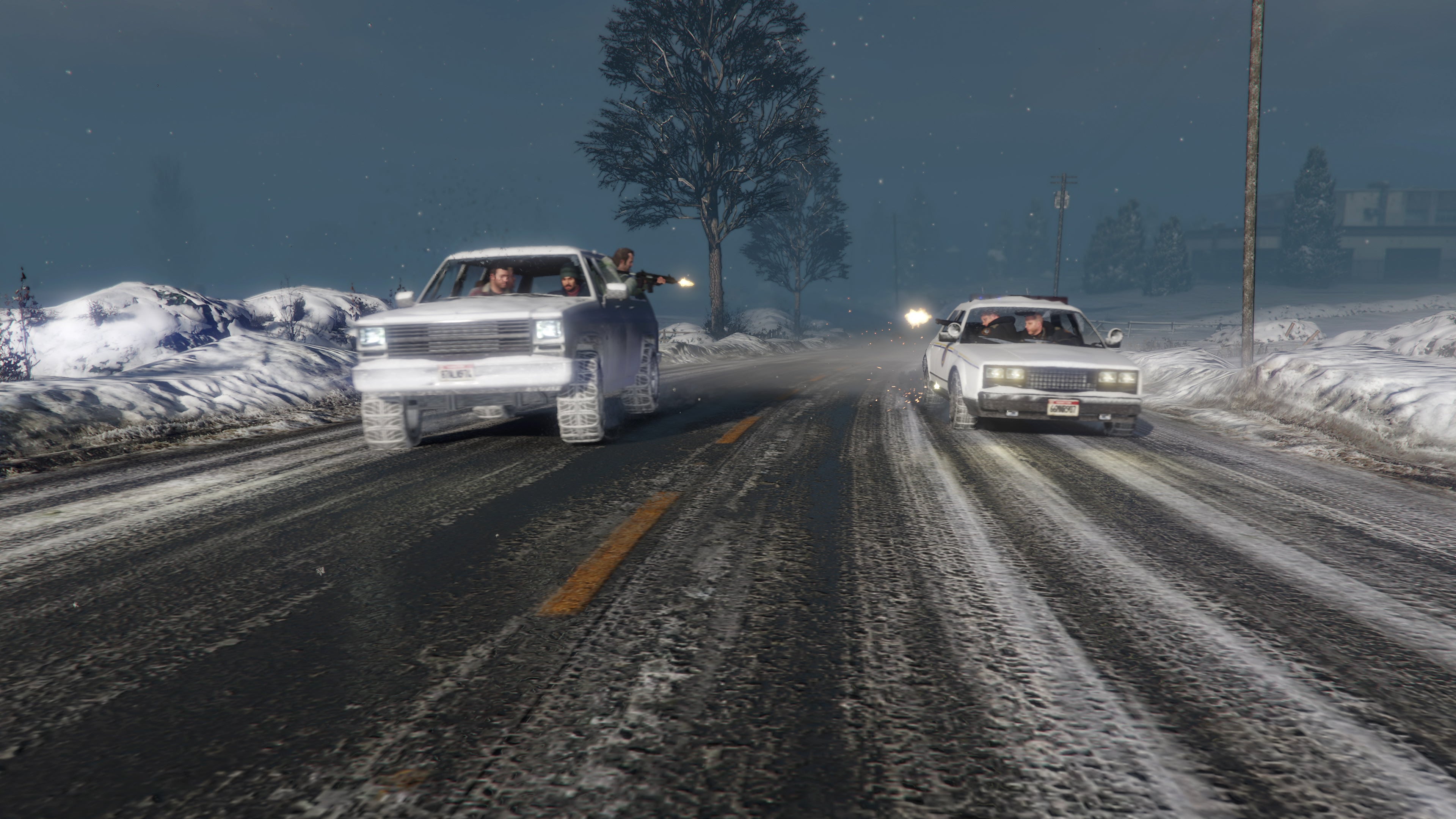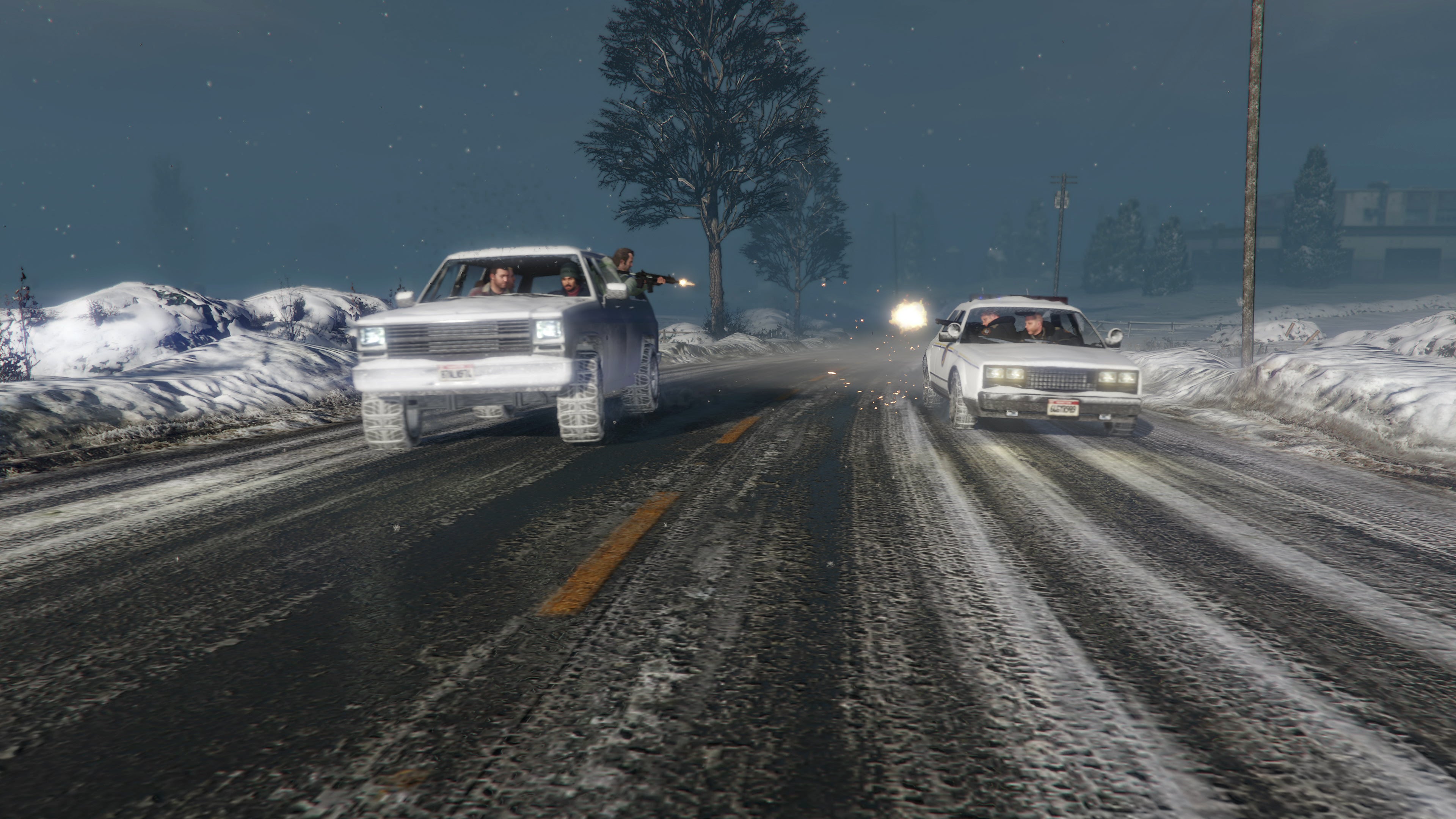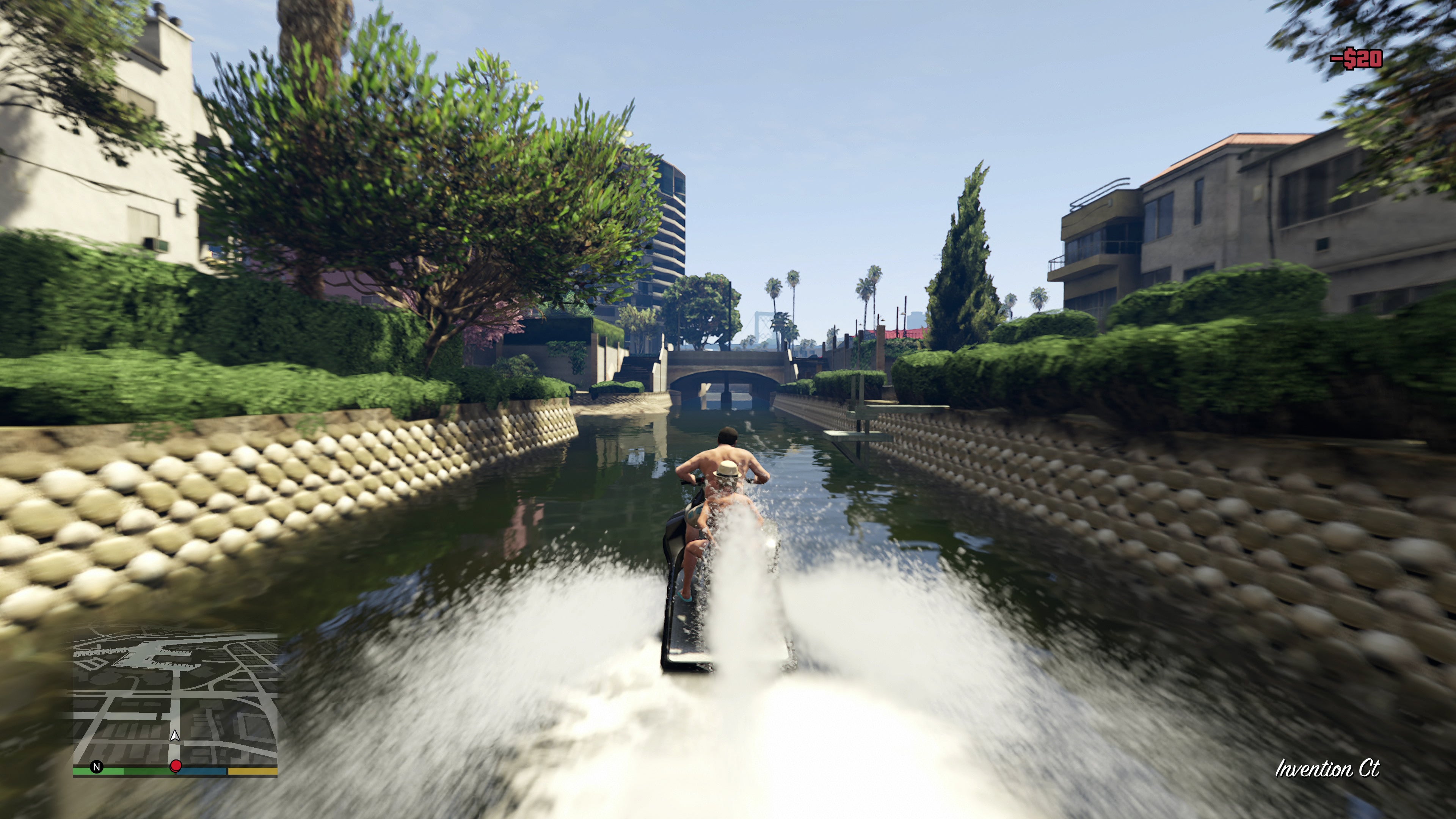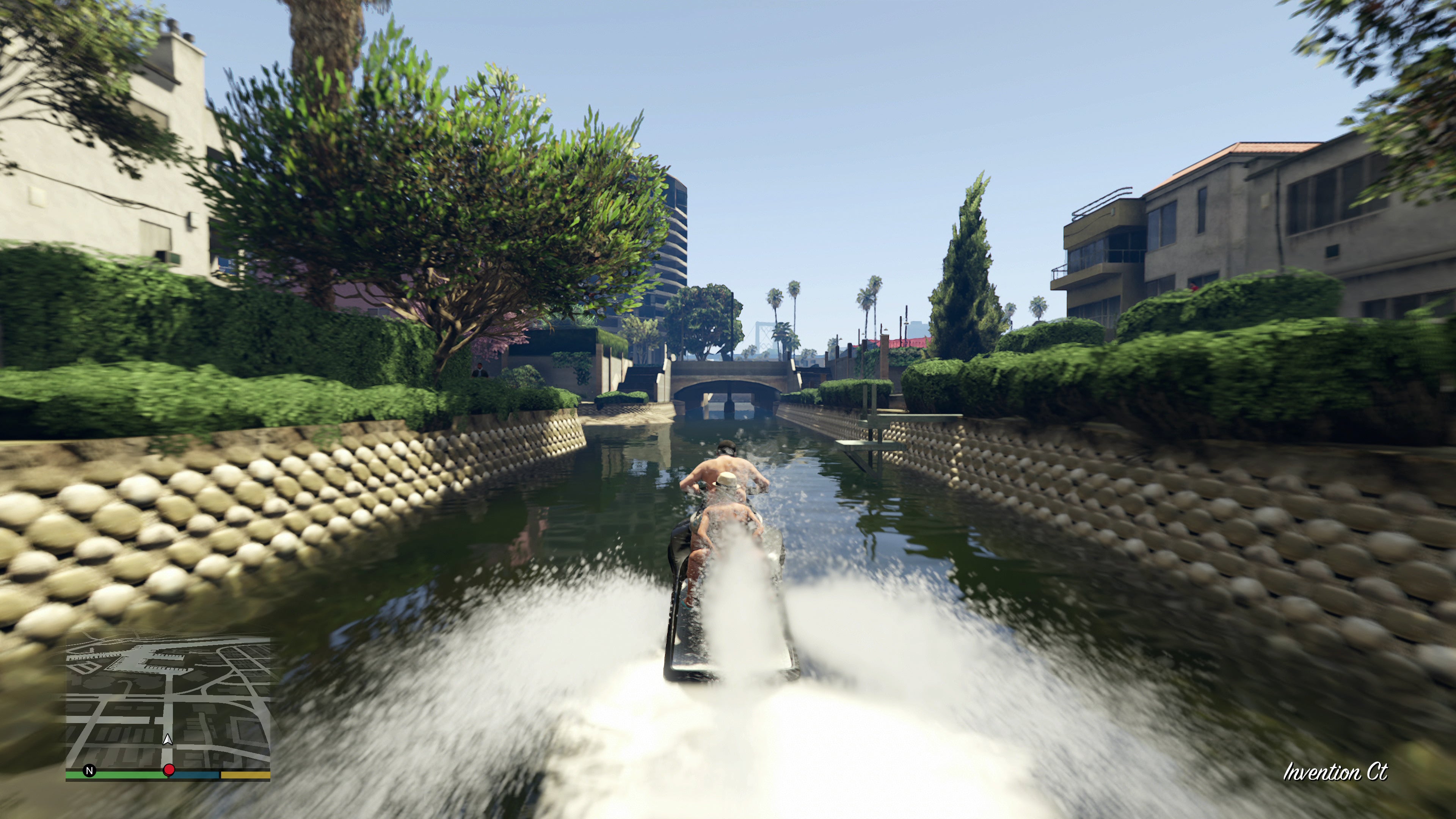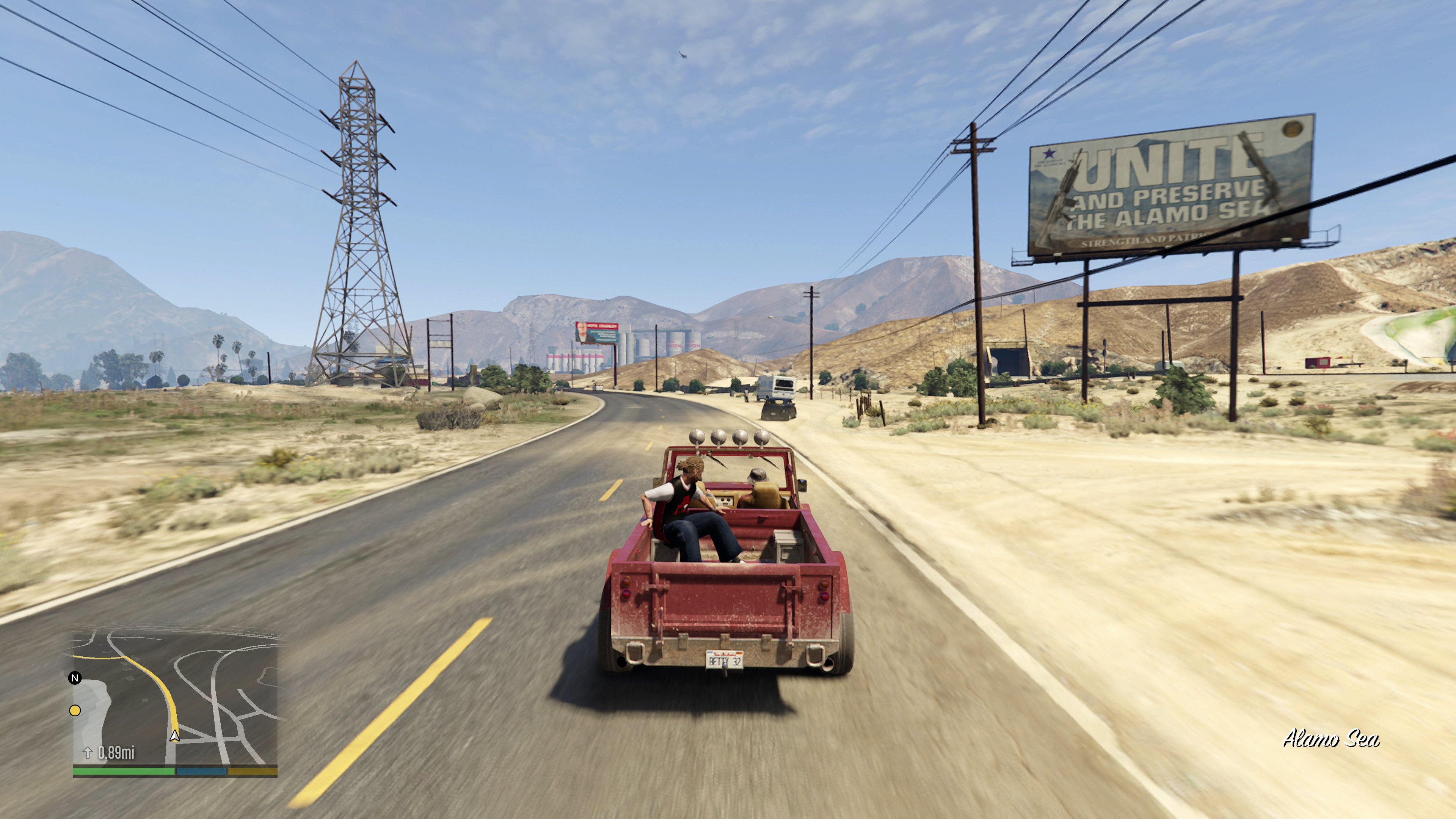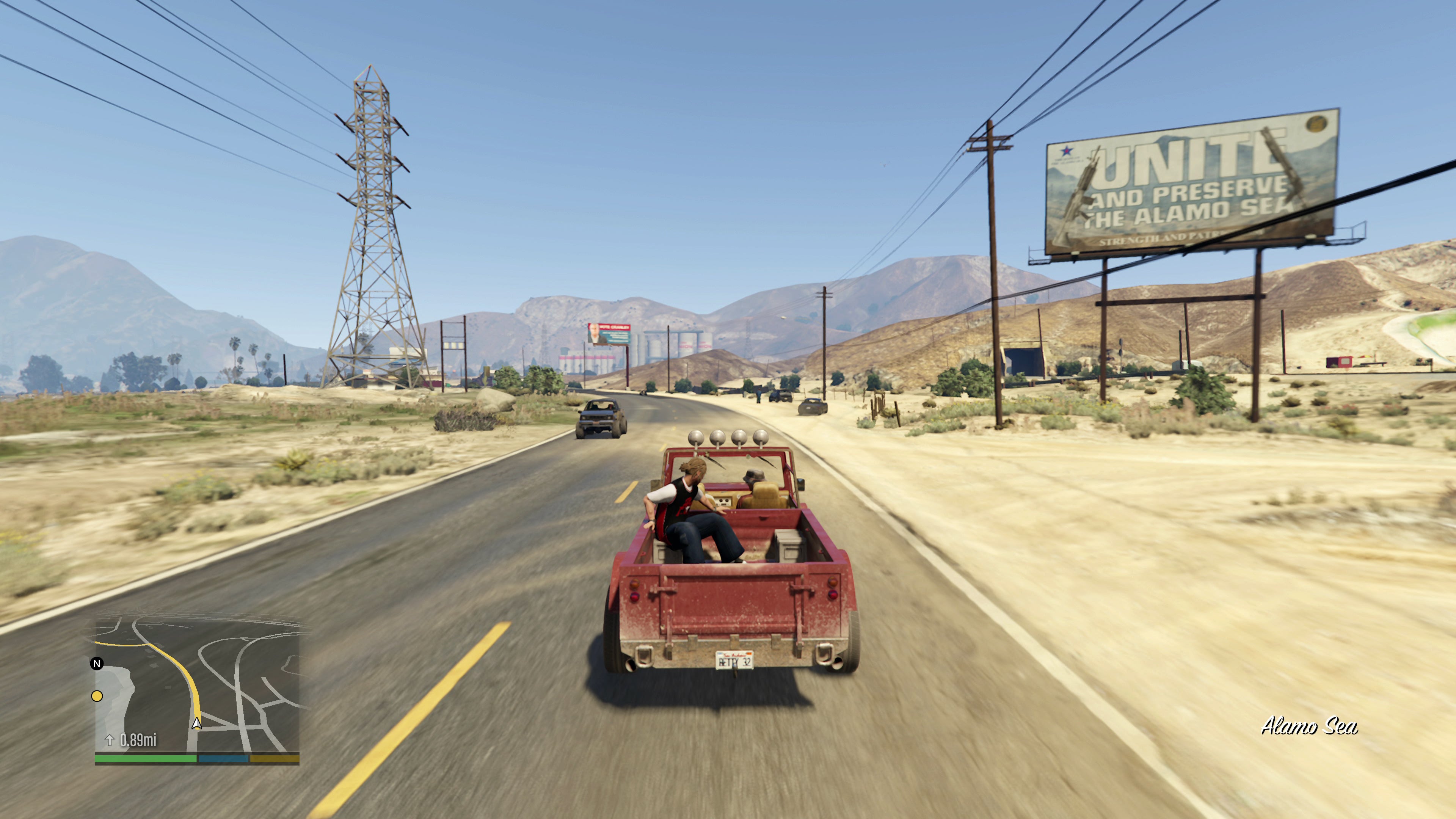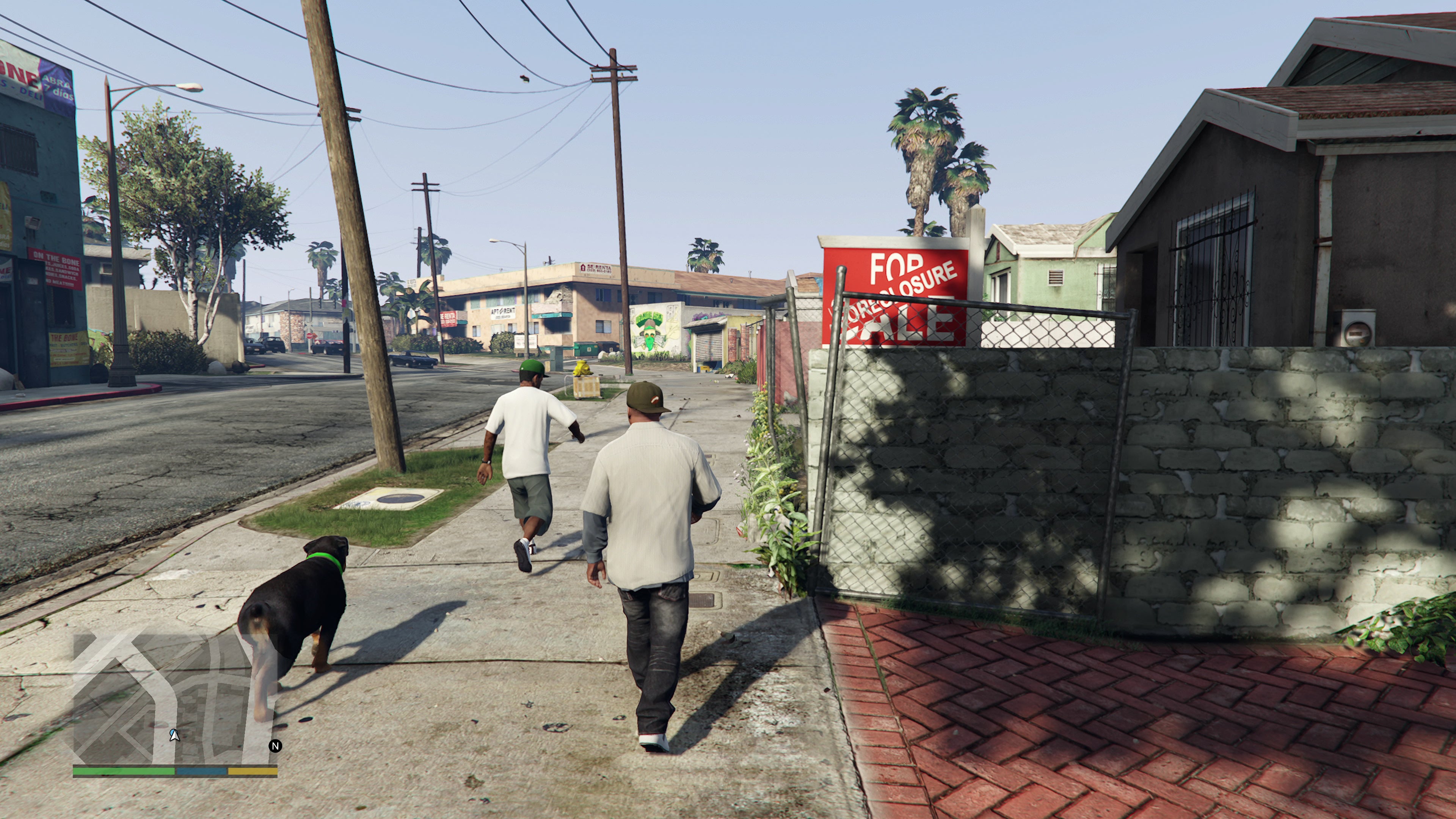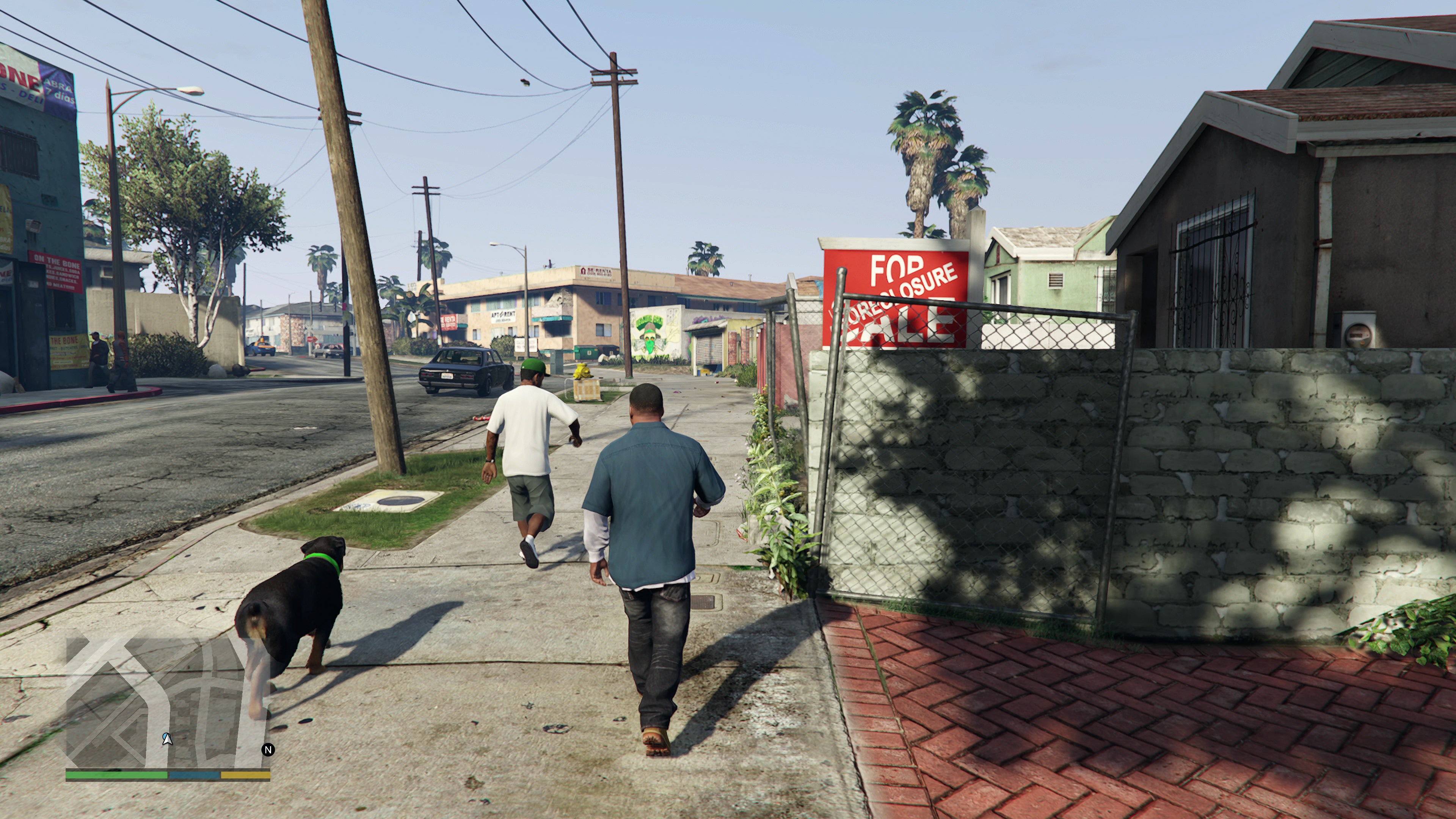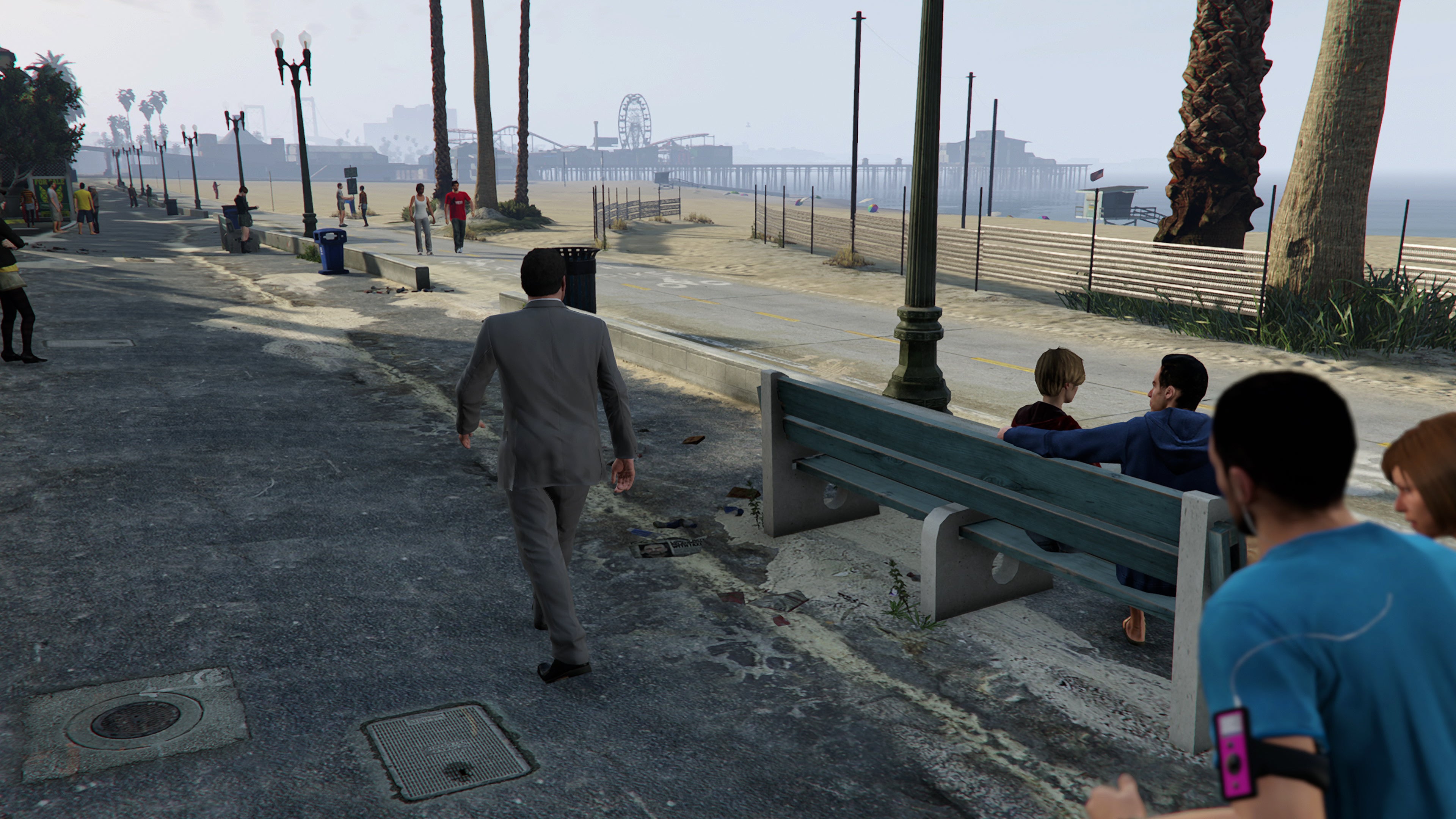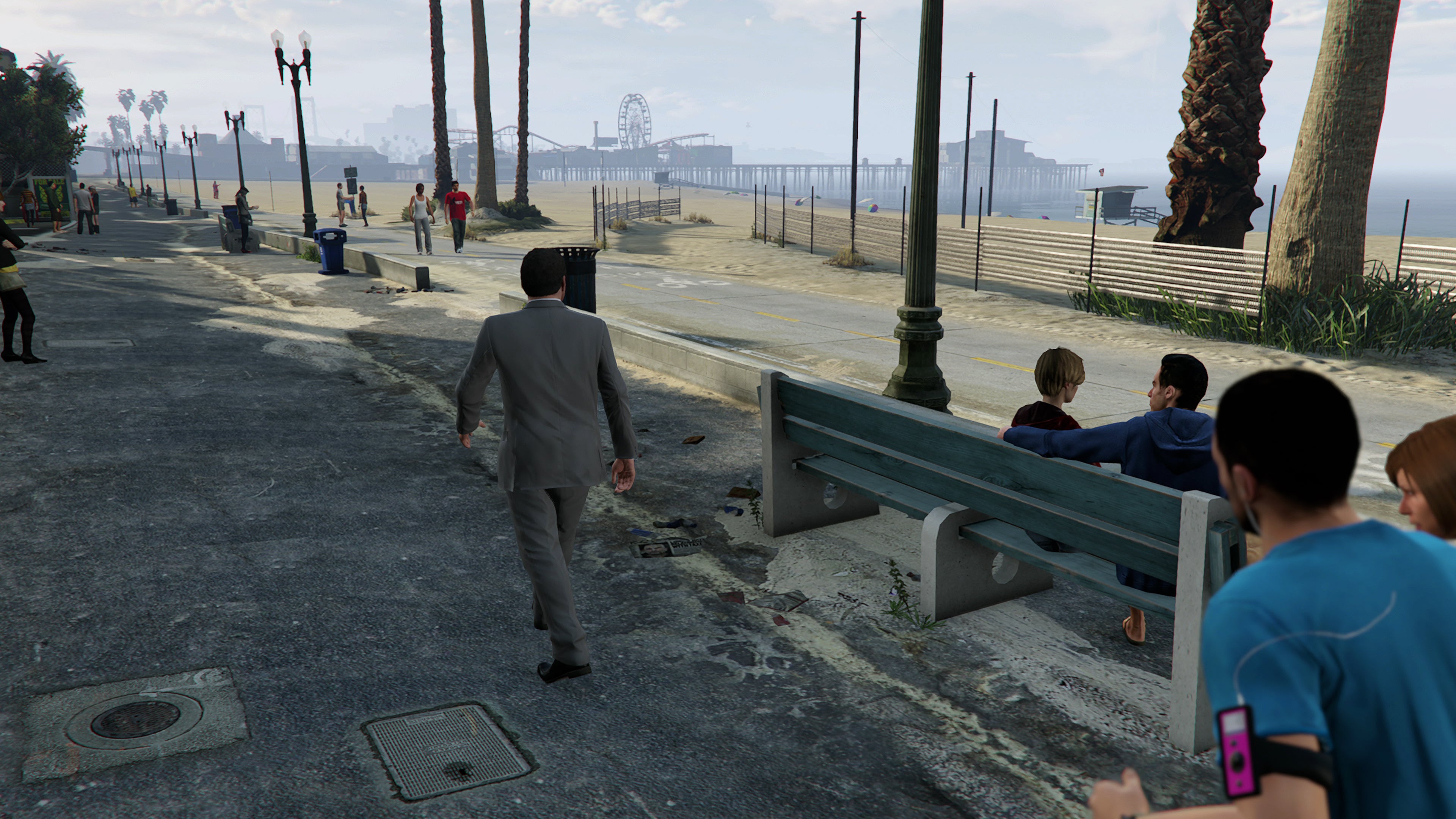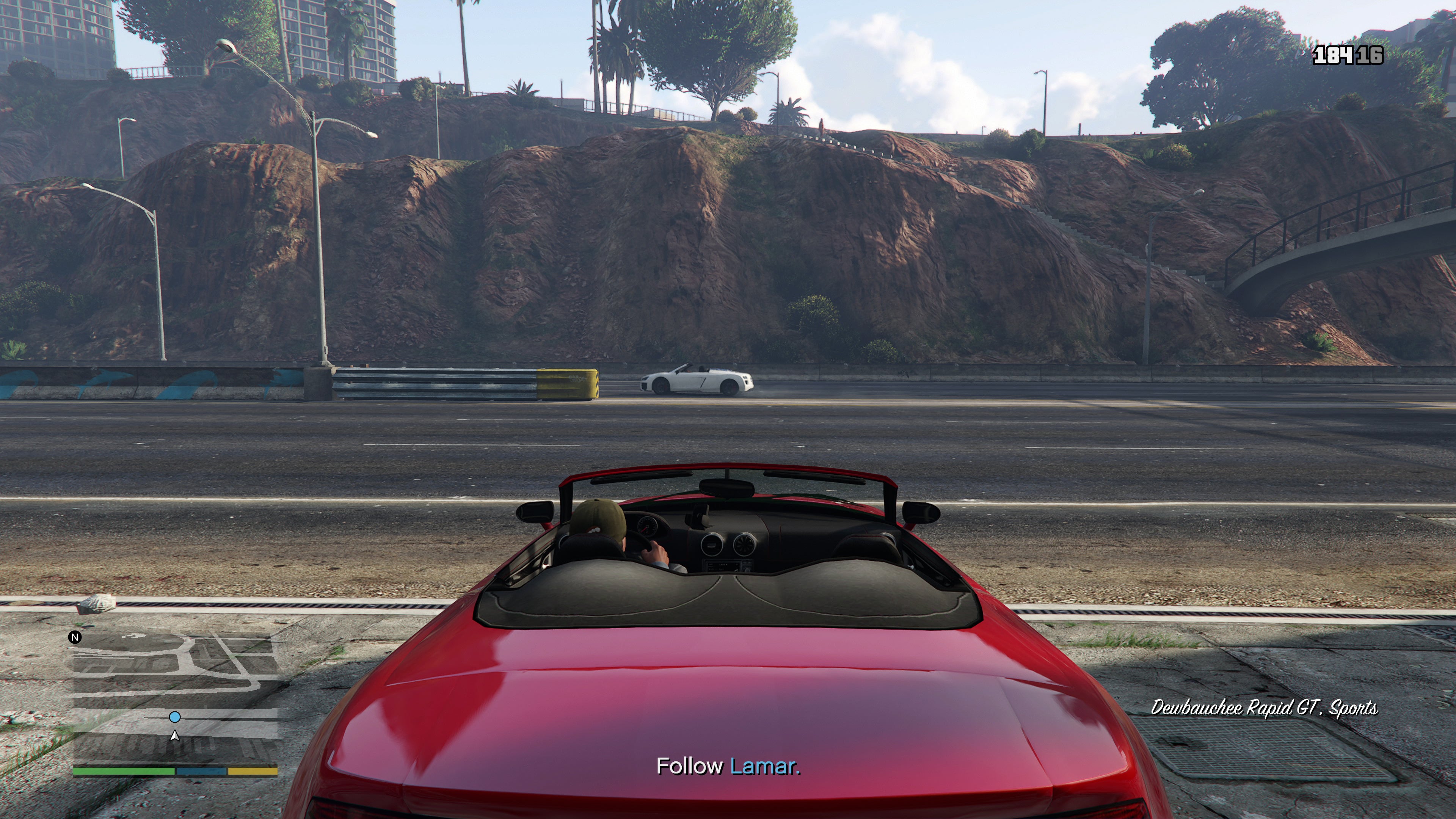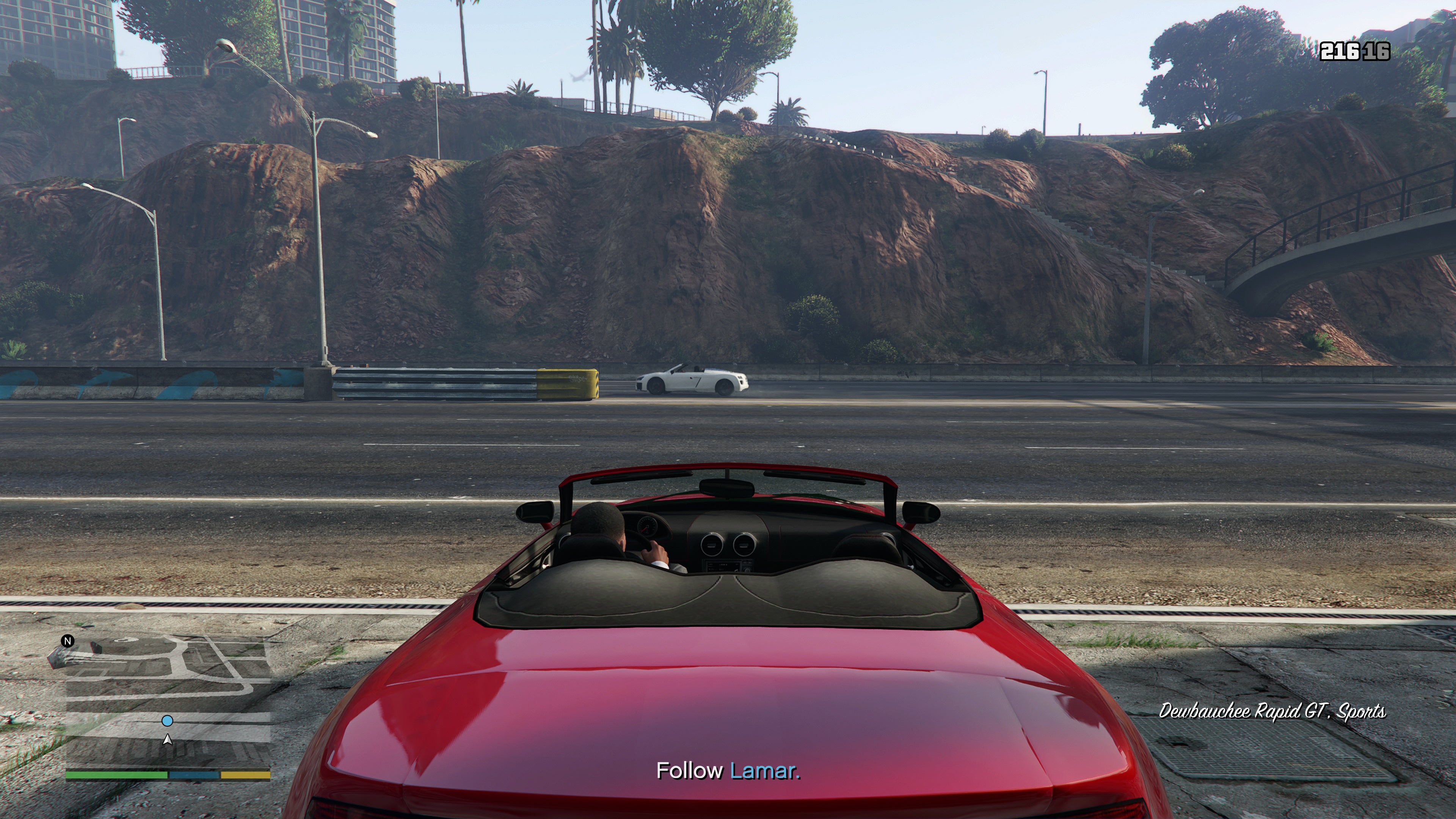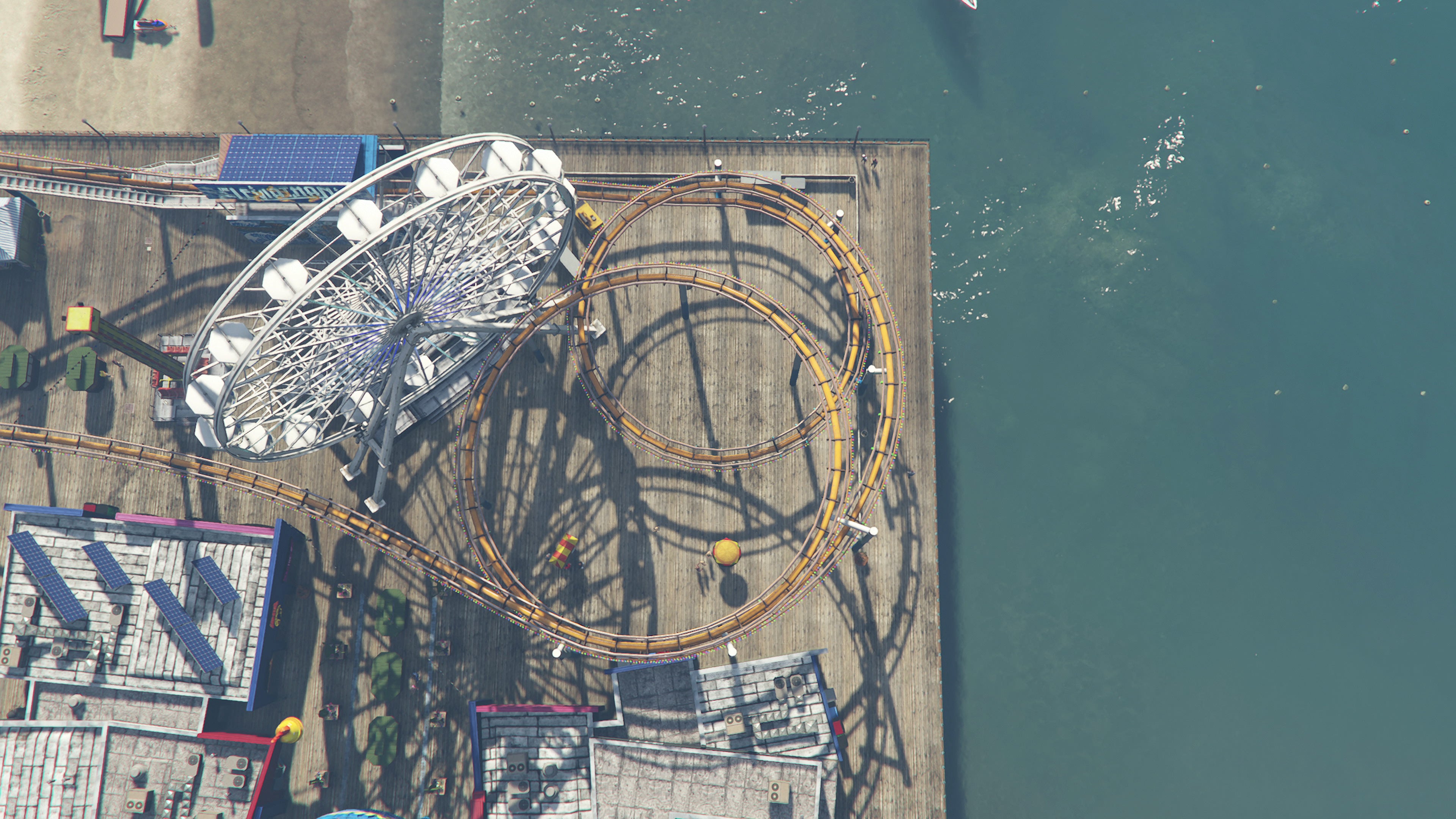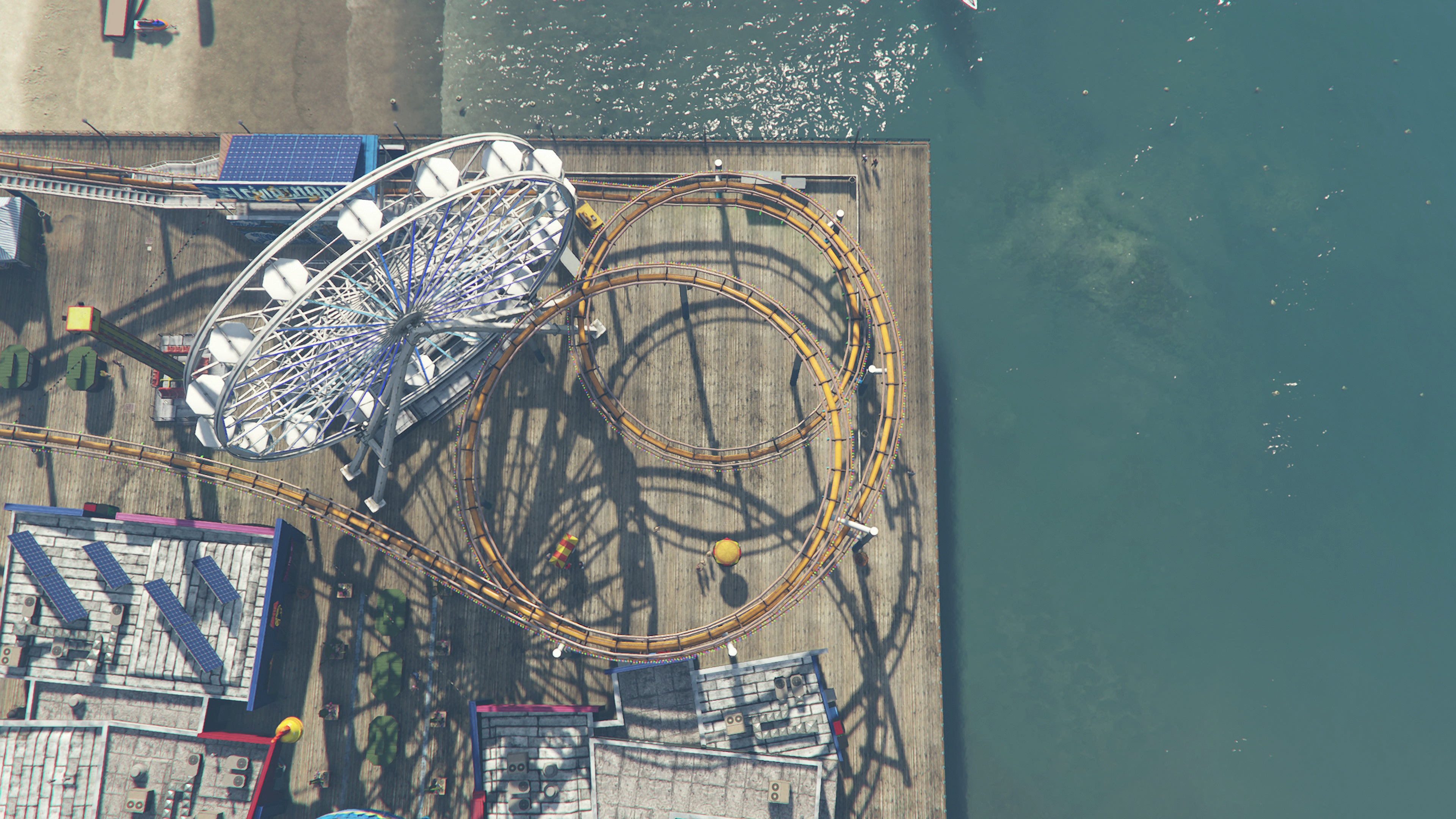Similar to PS5 and Xbox Series X code, fidelity and performance modes are available targeting 30fps and 60fps respectively. The former sees a drop from Series X’s 4K resolution to 1440p, while the latter sees 1440p drop down to 1080p, the same resolution target as the PS4 and Xbox One S editions of the game. The performance RT option is missing though, meaning that ray traced sun shadows are not available. Ray tracing is also missing from the fidelity mode, again differentiating it from the Series X game. Adding to the sense that Series S is short-changed is the situation with performance. With the drop in resolution and the removal of RT, we would have hoped for more stable performance from Series S - but in stress points it appears to be much the same as the Series X version. Meanwhile, in performance mode, Series S runs a lot slower than the X equivalent - also managing to run with a performance deficit against Series X’s performance RT mode. In summary, while the 60fps option is still delivering a sizeable improvement over the Xbox One S version, and while many of the missions still play out just fine at 60fps, the point is that when we hit frame-rate issues on Series X, they seem to be amplified significantly on the lower end Xbox machine. Ultimately, while Series S delivers an ‘OK’ experience overall, the compromises to the experience and the reduced performance level make this version difficult to justify, especially when you’re paying the same price as a Series X owner. Original Story: We’ve already taken a look at how the latest rendition of Grand Theft Auto 5 scales across to the new generation of console hardware - we’ve seen the core improvements up against last-gen hardware, and what’s been ported over from the existing PC version. The big remaining question hangs over the platform comparisons, and so, today we’re focused squarely on PlayStation 5 and Xbox Series X’s delivery of the enhanced game - with a detailed look at Xbox Series S coming later on. Let’s start with the basics. On both PS5 and Series X there are three graphics modes: performance, fidelity and performance RT - the latter pair supporting ray traced sun shadows. While dynamic resolution scaling cannot be ruled out, in all tested scenarios, fidelity mode runs at a seemingly fixed 4K resolution at 30fps, while the performance offerings lock to 1440p instead, targeting 60fps. In addition to these three modes, HDR is implemented in GTA5 for the first time, plus there are texture upgrades, and draw distance improvements all around compared to the last-gen release. PlayStation 5 also receives support for haptic feedback and adaptive triggers on the DualSense controller, which translate excellently in adding a sense of impact to GTA5’s shooting controls. Loading is also dramatically improved. Fast travel or restarting missions now takes no time at all on console platforms, so the only real point of loading time friction is the initial load into the open world. As an example, loading to Trevor’s trailer takes just 20.76 seconds on Xbox Series X, rising to 23.18 seconds on PlayStation 5. That’s not particularly fast judged by the best the new consoles are capable of, but it’s a profound improvement in a world where the same load takes in excess of two minutes on PlayStation 4. If a 2.42 second difference in loading times sounds like nit-picking, the same conclusion can be drawn when looking at the visual differences between Xbox Series X and PlayStation 5 renditions of the game. One thing to point out is that equalising conditions for accurate testing is a real challenge in Rockstar’s engine, owing to the dynamic nature of the open world itself: time of day, crowd density, car dispersion, weather all vary by the second. Thankfully, several missions at the start of the game sync up all of these elements, and so we can confidently say that textures, lighting, effects and draw distances are matched between the Sony and Microsoft consoles. Regardless of mode, there’s little to split the two. There are a couple of bizarre differences however - minor footnotes if you like: PS5 renders an additional shadow under cars, around foliage, and at characters’ feet, whereas right now Series X appears not to - something that happens in all three modes. However, ambient occlusion and environmental shadows are a match between the two systems. It seems that PS5 is rendering an additional projected shadow texture: it’s a technique used by Rockstar separate to screen-space ambient occlusion or typical shadows, drawing a texture to bake in shade at specific points. Right now, whether it’s a bug, or a simple oversight, it appears to be missing on Series X and we hope to see it patched back in. The other difference? Again, a minor nitpick: the cube-map reflections across vehicles are of a higher quality on Xbox Series X - in select moments at least, such as in the initial car repossession scene at the beginning of the story. This difference only manifests in the non-RT performance mode and most later scenes show little to no difference. Otherwise, the systems are a match in terms of visual features, as you might expect for what is effectively a relatively minor revamp of an existing game. The extent of the parity extends to all areas that really should have improved too. Texture filtering quality is very poor, with only the 4K fidelity mode offering a boost (and only then because the higher resolution offers more texture filtering points). PS5 and Series X are closely tied then - but does performance hold up? On a general level, all modes on all systems play relatively consistently at their 30fps or 60fps targets. However, there are some moments where performance may dip. During missions, especially the explosive shotgun-wielding stuff with Trevor, we get more significant drops into the 50fps and even 40fps region. Anything involving explosions and vehicles taxes both PS5 and Series X alike. In roaming the city you’re also able to force frame-rate drops just by starting a shootout with lots of cars on the road. This is hardly out of the ordinary in GTA and inevitably it drops harder the more you congest the roads. However, general play in missions tends to roll out as it should. Curiously, both PS5 and Series X lose their lock on their target frame-rates in different areas, to differing extremes in the preferred performance RT mode. Take the ‘Mr Philips’ mission for example, where Trevor goes on a rampage, where PS5 takes a hit to almost the 40fps line in the most explosive scenes. It’s a stark, visible drop in an otherwise 60fps experience, making the oncoming bikers look choppy as they approach. On Xbox Series X, there’s still a dip, but this time to 50fps. However, we see the reverse fortunes in other missions - like a repossession mission with Franklin - where PS5 continues to play out locked to 60 frames per second while the Series X dips beneath. Different scenarios seem to favour different consoles. The bottom line? Both are capable of drops under 60fps, though never too long to disrupt the experience. Of course, you can use the non-RT performance mode to lessen the impact of those drops. Alas a totally locked 60fps in all scenarios is not quite possible, but this mode narrows the gap somewhat. The ‘Mr Philips’ mission with Trevor for example, only drops briefly to the 55fps line in this mode on PS5 during the biggest explosion. That said, most other missions showing a drop under 60fps are completely tightened up at 60fps on PS5, which is great news - and gives the performance mode some reason to exist. Switching over to Series X, the results are also improved, though drops to performance are noticeably more frequent than PS5. Moving on to the 4K fidelity mode, performance is robust at a 30fps cap, even when forcing a car pile-up in the Los Santos streets. It is possible to see drops beneath, however, when combining a large traffic jam with rockets and grenades. During missions, I saw just one drop: yes, Mr Philips strikes back, this time causing a drop to 20fps on PlayStation 5, where the impact on Series X was much less pronounced at 27fps. In both this and other performance drops, I have to wonder whether the implementation of dynamic resolution scaling could have made the difference. Still very much based on the existing versions of the game, Grand Theft Auto 5’s new enhanced release manages to get the job done on the current-gen consoles and perhaps predictably, PS5 and Series X are hard to split apart. The frame-rate leads are interchangeable, by and large. Depending on which mode you use and which mission you’re playing, either PS5 or Series X can drop a little harder or further. As for visual comparisons, it also says a lot that the main difference is Series X is missing shadows under cars, which are present on PS5. The noticeable contrasts end there. Draw distances, world detail, physics, ray traced shadow quality - it’s all essentially matched between the two. While the ambition of this new remaster is questionable (as is the choice to charge for it if you already own the PS4 or Xbox One version) at least the gameplay experience for console owners has drastically improved thanks to the inclusion of 60fps modes. Seriously, this is the most crucial game-changer, with profound improvements to one of the game’s biggest issues: input lag. As attractive as the 4K fidelity mode looks, it’s hard to go back to 30fps on this one. Ultimately, if you’ve not played the game before, this is the best way to play - and if you’re a fan of GTA Online, the frame-rate upgrade is a big improvement. However, those looking for a more comprehensively revamped experience that fully taps into the capabilities of the new hardware may come away a touch disappointed.
